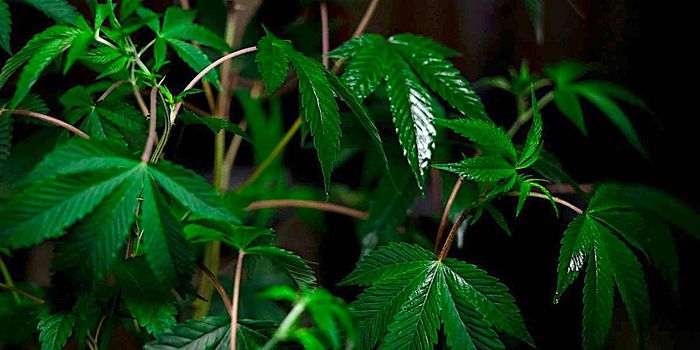New Zealand Researchers Call to Re-evaluate Cannabis Protocols
A comprehensive recent study out of New Zealand and published in Drug Habits and Social Policy examines how current medicinal cannabis policies in place should be reevaluated based on the study’s findings. This study holds the potential to help patients suffering from a myriad if issues, including sleeplessness and anxiety, pain management, and mental health, to be able to use cannabis in place of prescribed medicines meant to treat the same medical concerns.
For the study, the researchers interviewed 213 participants to report on how they use cannabis to help mitigate their medical conditions. In the end, 96 percent of participants reported positively about taking cannabis for to alleviate their medical conditions, with 49 percent reporting that cannabis helped them decrease or completely cease their need for prescription medicines.
Further breaking it down, 96 percent reported cannabis helped with pain management, 97 percent for sleep difficulty, and 98 percent for mental health concerns, and 98 percent reported cannabis helped with other medical reasons, ranging from post-traumatic stress disorder (PTSD, attention deficit hyperactive disorder (ADHD), or autism.
“An important finding of the study was that participants either decreased or stopped their use of prescribed medicines, many of which were opioid based,” said Dr. Geoff Noller, who is an independent researcher in the Dunedin University School of Medicine’s Center for Bioethics, and a co-author on the study. “This both reinforces that they experienced some actual effect from using cannabis in that they ceased or decreased other medications with recognized efficacy, and in the case of many of these other medications, they reduced their use of potentially more problematic medications. Opioids, for example, have well known issues in terms of dependence and other negative side effects.”
This study builds off previous research by Dr. Noller that evaluated how individuals obtained cannabis to treat their medical conditions, noting that the majority obtained it through illegal channels due to the roadblocks put in place to keep them from obtaining through legal means.
The researchers emphasize this most recent study is aimed at not only creating legal means to obtain cannabis but to be able to use it in combination with prescription medicines, rather than replacing prescription medicines entirely, along with encouraging additional “real world studies” to be conducted to help bring attention to the positive therapeutic benefits of cannabis.
“There is a place for both approaches with the results of this study suggesting that cannabis products could have a role in treating patients with chronic pain and other conditions refractory to treatment by conventional means,” said Dr. Noller.
In 2020, New Zealand attempted to legalize and regulate “recreational” cannabis, but the vote barely failed with 50.7 percent of New Zealanders voting against it.
What new studied will be conducted regarding medical cannabis, and what new policies will be put in place to help legally obtain cannabis in the coming years and decades? Only time will tell, and this is why we science!
Sources: Drug Habits and Social Policy, University of Otago, The Lancet
As always, keep doing science & keep looking up!









